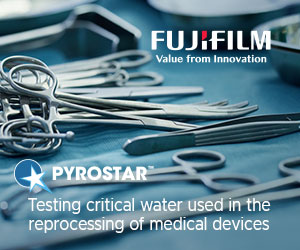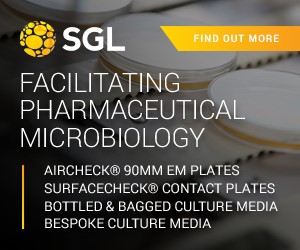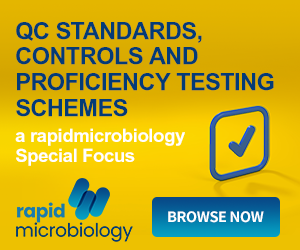6 Minute Test for Tetracyclines in Milk
| Neogen Corporation has expanded its line of products developed for the dairy industry to include the quickest test available for tetracycline residues in milk. The tetracyclines group of dairy antibiotics is used to treat bovine mastitis, and includes tetracycline, chlortetracycline, and oxytetracycline. Neogen´s new TetraStar® dairy antibiotic test for tetracyclines complements the company´s widely used BetaStar® test for the beta-lactam group of dairy antibiotics, which includes amoxicillin, ampicillin, cephapirin, cloxacillin, and penicillin. TetraStar produces clear results in a market-best six minutes, and like BetaStar, is an extremely simple dipstick test that requires only minimal training and equipment to produce consistently accurate results. Because the tetracyclines group of dairy antibiotics is not yet used as universally as the beta-lactam group, regulations governing the maximum allowable levels of tetracyclines in milk are not as widespread. As the European Union has set a maximum residue level of 100 parts per billion for tetracyclines in milk, Neogen expects the strongest initial interest for its TetraStar product from EU countries, and especially Spain, where tetracyclines are more widely used. The worldwide market for antibiotic testing of milk has been estimated to exceed $60 million. A significant portion of that total market is in the United States, where virtually every load of raw milk delivered to dairy processing plants is tested for antibiotic residues. |
NOTE: This item is from our 'historic' database and may contain information which is not up to date.
Source : Neogen Corp. View Company Information
Posted on February 14, 2008






